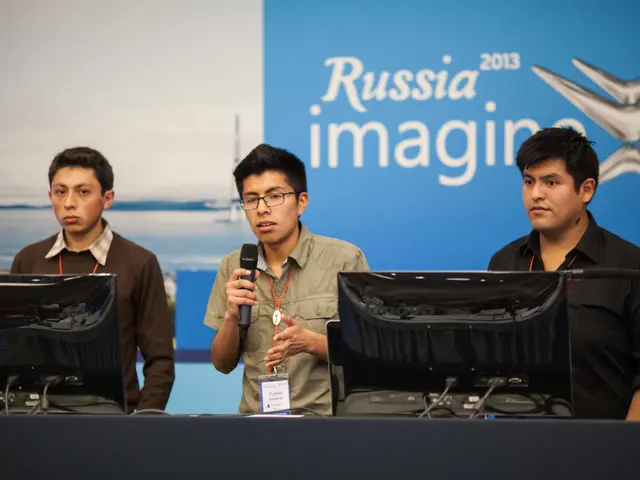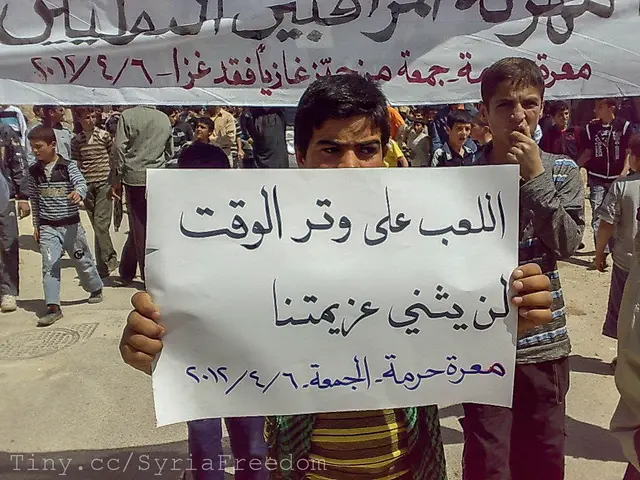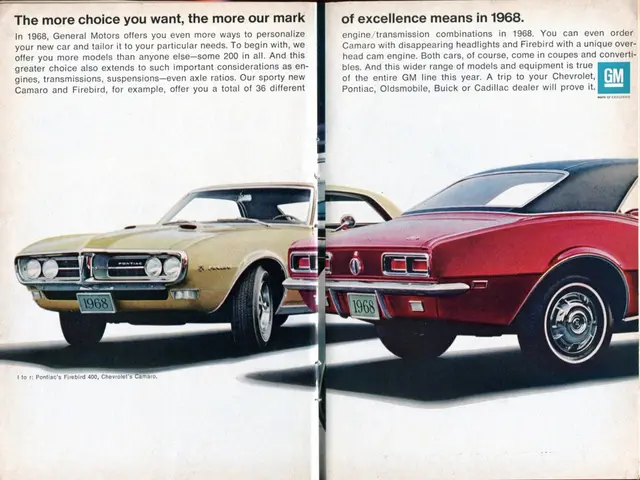Mearsheimer Warns: Ukraine War Driven by Power, Not Emotion
John Mearsheimer, a prominent political scientist, has shared his views on the Ukraine war, attributing Russia's actions to strategic power dynamics. He warns against Europe's increased involvement without robust U.S. engagement, cautioning about potential consequences for NATO.
Mearsheimer's theory of offensive realism suggests that Russia's actions in Ukraine are driven by security calculations and power dynamics, not emotional or moral factors. He asserts that the West shares some responsibility for the conflict, due to NATO's eastward expansion and Ukraine's alignment with the West since the 1990s, which has undermined Russia's security interests.
Mearsheimer believes that a negotiated peace is now politically unlikely, with only a temporary ceasefire or 'frozen conflict' appearing feasible in the short to medium term. He argues that Russia was open to a compromise peace in 2022, but the West actively thwarted such efforts, leading to the collapse of negotiations over Ukraine's neutrality.
Mearsheimer's central arguments emphasize the complex nature of the Ukraine conflict, with power dynamics and historical factors playing significant roles. He warns against Europe's increased involvement without strong U.S. support, as it could jeopardize NATO's existence. Despite the slim prospects for a diplomatic resolution, Mearsheimer sees only a temporary ceasefire or 'frozen conflict' as realistic in the near future.
Read also:
- American teenagers taking up farming roles previously filled by immigrants, a concept revisited from 1965's labor market shift.
- Weekly affairs in the German Federal Parliament (Bundestag)
- Landslide claims seven lives, injures six individuals while they work to restore a water channel in the northern region of Pakistan
- Escalating conflict in Sudan has prompted the United Nations to announce a critical gender crisis, highlighting the disproportionate impact of the ongoing violence on women and girls.








